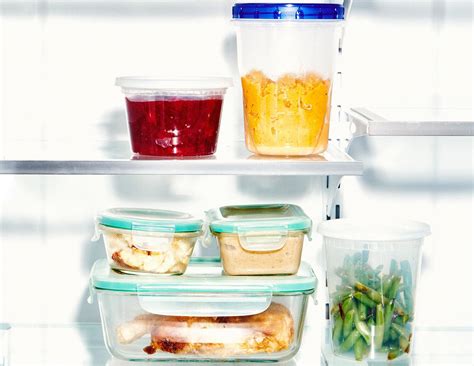Multi-purpose containers are essential for storing food leftovers and packed lunches. Bamboo food containers, often decorated with patterns, typically come with plastic lids. In light of upcoming regulations, all packaging (except plastics films and flexibles) must be labeled as ‘recycle’ or ‘do not recycle’ by March 31, 2026.
Food storage boxes with plastic lids and handles are a practical choice. These containers can be nested within each other, saving space in your cabinets. They are ideal for various uses, including storing baby food, as they are BPA-free, leak-proof, microwave, and freezer safe.
Amphipods from the Mariana Trench have shown the presence of plastic, highlighting the extent of plastic pollution. This is concerning, as all materials in contact with food, including plastics, can affect the food’s quality and safety. Jeff Wooster, the Sustainability Director at Dow Packaging and Specialty, emphasizes the need for a cohesive approach to tackle issues related to plastic pollution, food safety, and waste.
The harmful accumulation of plastic in the environment poses significant risks to ocean health, marine species, human health, and climate change. To combat this, some countries are implementing bans on single-use plastics. For instance, England plans to enforce such a ban from October.
Glasslock offers plastic-free food storage options, made from tempered glass, which is much stronger than regular glass. These containers come with 100% bamboo lids with silicone seals for airtight storage.
Regulations for Food Contact Materials (FCMs) are strict, ensuring safety and inertness. In the UK, Regulation (EC) No 1935/2004, amended by Regulation (EU) 2019/1381, governs these materials.
Plastic pollution not only affects the environment but also human health. Studies show that people consuming bottled water and those exposed to microplastics from non-food sources ingest a significant number of plastic particles.
In response, many are turning to eco-friendly alternatives for food storage. This shift is part of a broader effort to reduce plastic use in food packaging, with goals like removing 1 billion units of plastic by 2027, equating to a 30% reduction.
Plastic food containers with leak-proof lids are still popular due to their practicality. They are BPA-free, microwave and freezer safe, and recyclable. However, the move towards more sustainable options is gaining momentum.
In summary, while plastic food containers offer convenience, the growing awareness of plastic pollution and its impacts is driving a shift towards more sustainable and environmentally friendly alternatives.
Plastic Food Containers (ebay ad)


